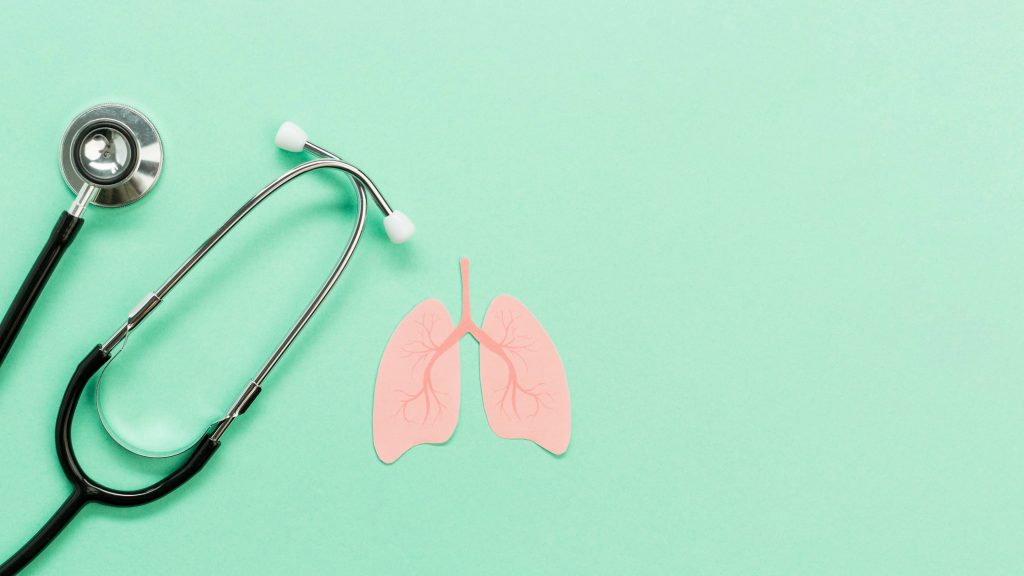
Respiratory diseases are known as ‘swasroga’ in Ayurveda. Ayurveda has a comprehensive approach to managing the respiratory diseases consisting of diet, herbs, and exercises. Respiratory diseases are common and can be caused by a number of factors, such as smoking, air pollution, and allergies. Ayurveda helps to restore balance in the body by treating the underlying cause of the disease. This often leads to improved symptoms and more extended periods of remission.
The three doshas, Vata, Pitta, and Kapha, are the energetic forces that govern all of our physiological processes. An imbalance in any one of these can lead to illness.
An imbalance in the Vata dosha often causes respiratory illness. This dosha governs the movement of air in the body and is responsible for our breath. When Vata is out of balance, it can cause problems with the respiratory system, including asthma, bronchitis, and even emphysema.

Ayurveda is a system of medicine that originated in India. It is based on the premise that health and well-being are rooted in balance within the body and mind. Ayurveda treats conditions using a variety of techniques, including diet, exercise, and herbal remedies.
One of the main goals of Ayurveda is to maintain balance in the body’s various systems. When the respiratory system is out of balance, it can lead to a number of respiratory system diseases. Here are some tips on how to manage respiratory system diseases through Ayurveda:
If suffering from respiratory diseases and looking for natural ways to heal them, book a consultation with a certified Ayurveda doctor for asthma in your city.